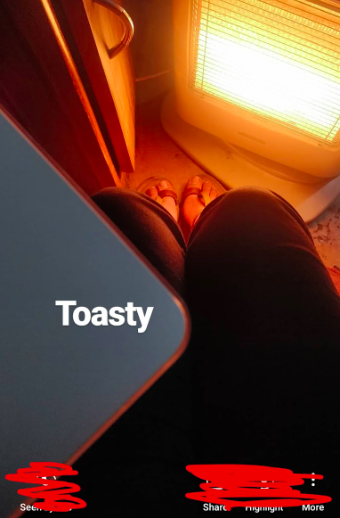Privacy for the young. A personal perspective.
The concept of privacy is very different for a young person and online privacy even more so than what people would normally imagine it to be. I belong to a generation that grew up with technology and as a first year undergraduate student it is an indispensable part of my life. It is nearly impossible to not have an online presence in today’s age which is why it becomes extremely important to make sure that a person’s privacy is protected in this domain. But what exactly does privacy mean in a digital world? And what does it mean to a generation whose entire life is virtually on social media platforms?
It may be thought that because young people tend to overshare details of their lives on social media platforms, they do not value privacy. But this is not true. Studies have shown quite the opposite 1 and I can say from personal experience that I value my online privacy just as much as an older person might. The only difference that lies is in how we define privacy. Maintaining privacy in a digital space does not necessarily mean leading a private life. The concept of online privacy is a very nuanced one and it needs to be understood if we are to defend it.
Suppose I am on a social media platform like Reddit or Twitter, I may have no problem with admitting to 300+ strangers that I have clinical depression. But I would like to maintain my anonymity, not just from the users of Reddit or Twitter but also from the platforms themselves. Privacy is also very contextual. Consider the same example. When I post information about having clinical depression on a public platform it is because I am seeking help and relatability from people who might be in similar situations.
Just because I have put it in a public platform does not mean that I am okay with my friends and family finding out about it. Thus one piece of information about me can be public in a different context and be private in a different context. For instance, featured below is a picture of me feeling warm because of the office heater. I would post this my social media but I wouldn’t want my co-workers knowing that I was hogging the office heater. Or bragging about hogging it.
 Roasty, toasty.
Roasty, toasty.This is also true about a person’s behaviour on the internet. My friends or followers might know which pages I follow, what posts I like, what political ideology I have, what products I use, what commute I use and even what I had for lunch. But when this data and more is aggregated and used to build a character profile by service providers, I object.
When all this data exists separately it may not worry me so much, but when it is aggregated, analysed and processed and I am subject to targeted content, it worries me. It worries me because this data can very easily be used against me if it falls in the wrong hands. Moreover, the data becomes even more dangerous if it falls in the hands of the government because it becomes increasingly easy to suppress any dissenting voices.
For legal purposes I may have consented to my data being used and even being sold to third parties, but that consent is taken at such a juncture where I don’t have any other option but to ‘Accept’ the terms and conditions because the other option is to not use that service. At that point the consent does not hold much value because of the lack of options. I believe that privacy of individuals must be respected in the digital realm and real consent must be taken for using consumer data.
(Tanvi is an intern at IFF, and a volunteer for the SaveOurPrivacy.in campaign)


